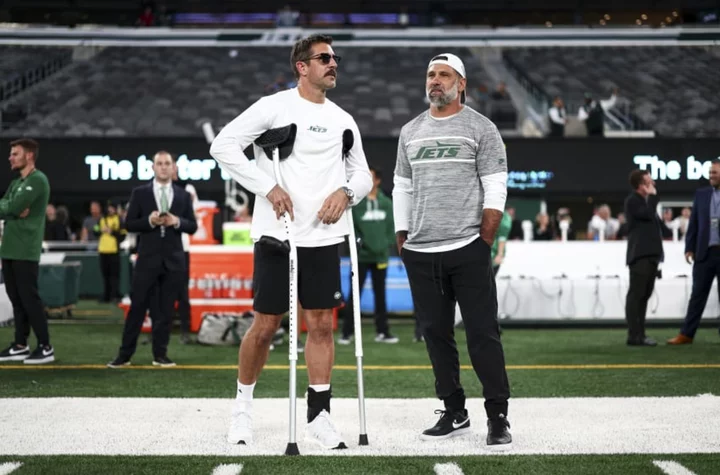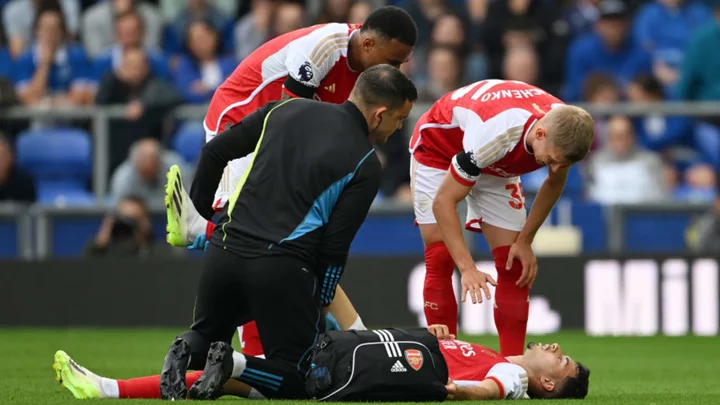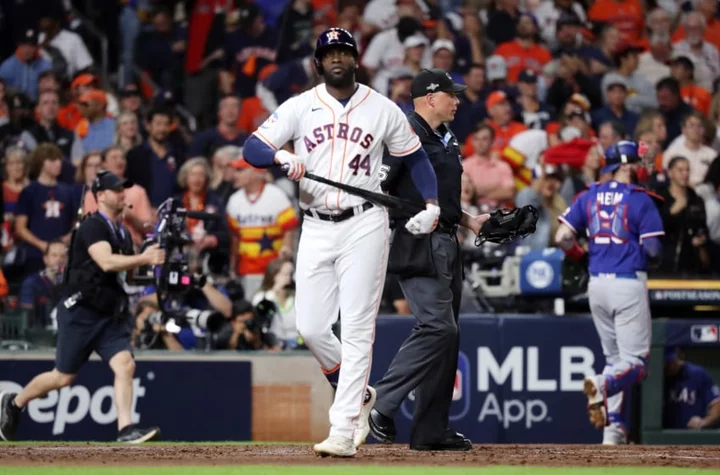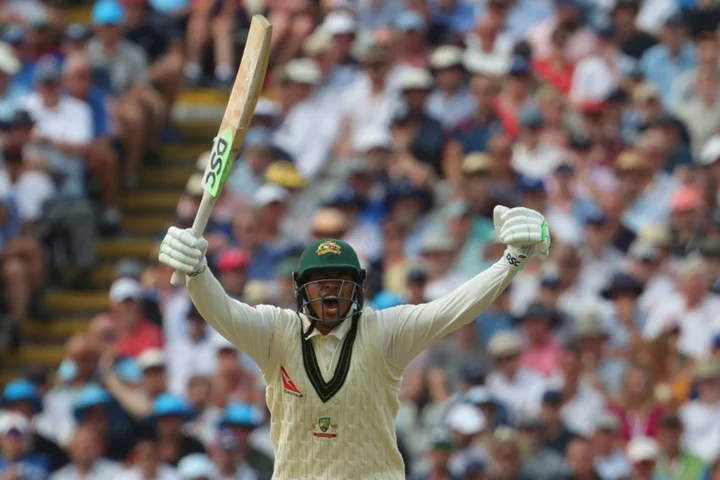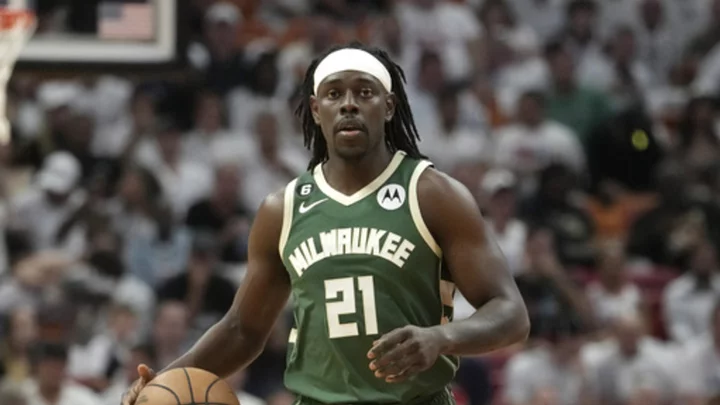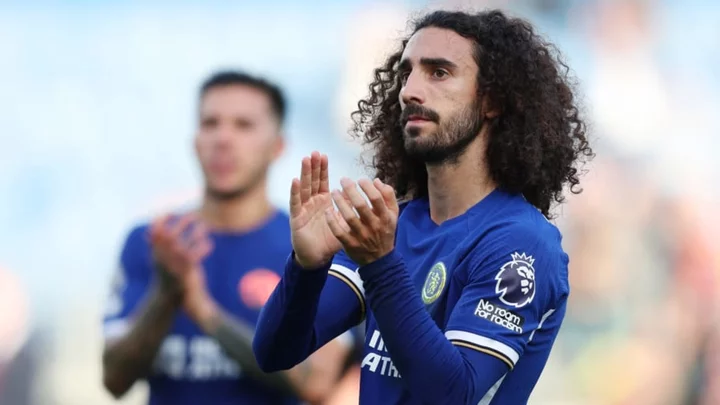No one could have predicted Aaron Rodgers would suffer a season-ending injury in his first game as a New York Jet. Per some people in the sports insurance industry, the Jets could nonetheless have saved millions of dollars by checking one simple box.
Yahoo Sports recently reported that when the Jets signed Rodgers to his two-year, $75 million deal this past summer, the team declined to purchase an insurance policy for their new star quarterback. For a brief foray into the sports insurance industry, the kind of policy that would apply to Rodgers' case is a high-premium coverage policy called temporary total disability (TTD).
According to Yahoo Sports' sources, the Jets were offered multiple coverage packages to insure the 39-year-old player and ended up forgoing insurance altogether. As a result, after Rodgers tore his Achilles in Week 1, the Jets lost upwards of $20 million in insurance proceeds.
Per Yahoo Sports, the insurance policies that the Jets could have paid for Rodgers had premiums that ranged from $1 million to $4 million. The pricier options gave the Jets the option to cover roughly 60 percent of Rodgers' 2023 guaranteed salary, which would have saved the Jets around $22 million.
Now, hindsight is always 20/20. The Jets likely didn't buy insurance for Rodgers for the same reason the average person usually doesn't pay extra to insure flights, furniture deliveries, or what have you.
Jets' choice to decline insurance coverage on Aaron Rodgers looks irresponsible in retrospect
In Rodgers' 18-year stint on the Green Bay Packers, he's missed a shockingly low number of games.
His worst injuries were a pair of collarbone fractures in 2013 and 2017; he sat out of seven games the first time and nine games the second time. More recently, in 2022, Rodgers fought through a thumb injury that didn't cause him to miss any time. He also has dealt with minor calf issues, sprained knee ligaments, and broken toes throughout his career.
All things considered, the Jets weren't totally rolling the dice when they declined insurance coverage on Rodgers. And for all anyone knows, Rodgers, a noted anti-vaxxer into weird and unconventional treatments, may have told his team to decline it. (Imagine the dialogue: "It's a trap. Don't buy into the ideologies of the woke mob and the capitalist industries that choke and enfeeble you. I don't need those bad vibes.")
Whereas NBA and NHL teams are required to pay for insurance coverage, NFL teams have the individual power to choose whether or not they want to insure their most valuable players. Some, like the Philadelphia Eagles, regularly insure players. Others, like the Jets, are historically insurance-averse and reportedly haven't bought coverage in the last decade.
Jets fans will forever rue what could have been after Rodgers' unfortunate season-ending injury in September. Woody Johnson and the front office may also regret how much they could have saved.

